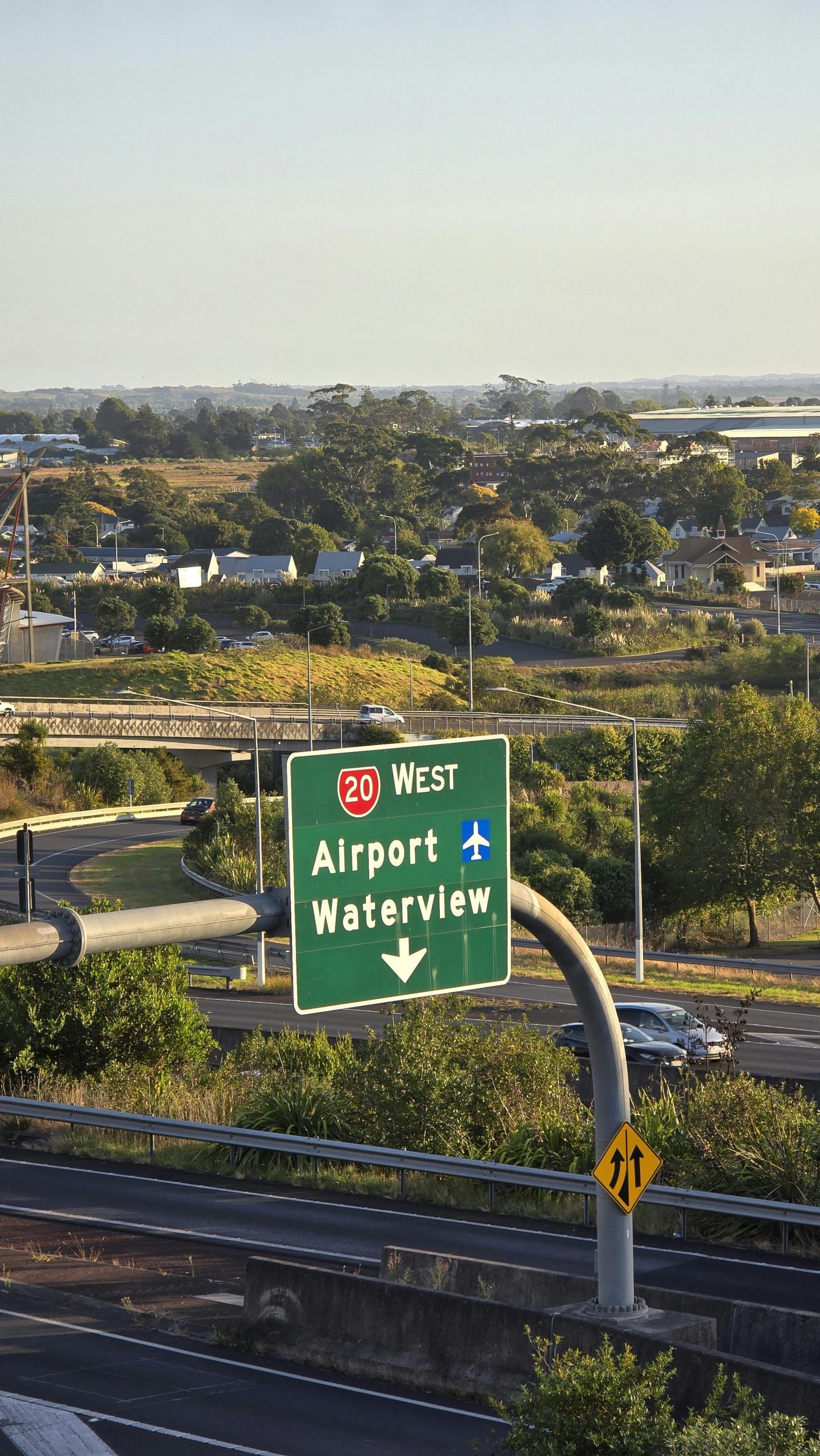Not At Fault Accident: What Are My Next Steps?
Yesterday, while parked at the supermarket with my 2020 Silverado LT Trailboss, a 17-year-old driver made a poor judgment call and drove the wrong way into an angled parking spot, colliding with the passenger side of my truck. The impact pushed my front fender and door inward, preventing the door from opening fully without hitting the fender. Additionally, it damaged my passenger front wheel, bending a tie rod. Thankfully, my toddler, who usually sits in the back on that side, was not in the vehicle at the time.
After the accident, the driver initially left the scene, but a good Samaritan followed and managed to get them to return. I promptly called the police, who obtained security footage and several witness statements. Although the driver wasn’t charged with a hit and run since they returned, they informed the officer that they were unsure of what to do, which led to their initial departure.
I contacted my insurance company to start the claims process. They informed me that they would use the police report and the provided evidence to pursue a claim against the other driver’s parents’ insurance. However, I was warned that if the other party disputes the claim, I may have to pay my deductible upfront and file the claim through my own insurance. They assured me that they would work to recover the cost from the other driver’s insurance later.
My main concerns are:
- If I pay my deductible to get my truck repaired, will this affect my insurance premiums as though I were at fault?
- Will this accident be recorded on my truck’s VIN?
This is the first truck I’ve owned since it was brand new, and I’m eager to keep it in great condition, both physically and in my insurance history. Any advice would be appreciated!




I’m sorry to hear about your accident, but it sounds like you handled the situation well! Here’s how to proceed:
Deductible and Insurance Impact: If you end up paying your deductible through your insurance company while they pursue the other driver’s insurance, you might see a temporary impact on your premiums. However, since you were not at fault, many insurance companies will not penalize you for this claim when it comes time to renew your policy. You should double-check with your insurer on their specific policies regarding at-fault vs. not-at-fault accidents to get a clearer picture.
Accident History and VIN: Unfortunately, your truck may have a record of this accident attached to the VIN, especially if a claim is filed, even if you are not at fault. Repair shops and insurance companies often note such incidents for future reference. However, when you’re looking to sell or trade-in, being able to prove that it was a non-fault incident can help alleviate concerns from potential buyers.
Documentation: Keep detailed documentation of everything related to the incident, including the police report, witness statements, and any communications with your insurance. This will be useful if any disputes arise during the claims process.
Follow Up: Stay in communication with your insurance adjuster to make sure that everything is moving along as it should. They should be advocating for you to recover your costs from the other driver’s insurance.
Lastly, while it’s frustrating to deal with repairs and potential effects on your insurance, your truck can be restored, and your priority should be ensuring your family’s safety first. Good luck!